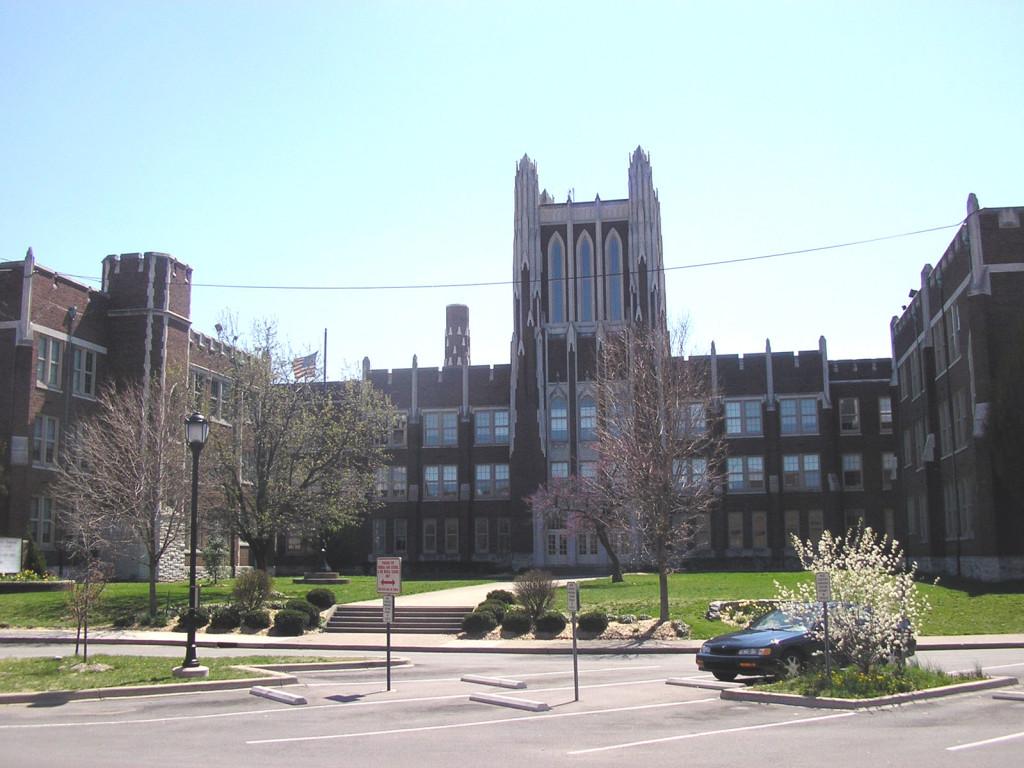From the first day at Manual, every freshman instantly notices the unique, high-achieving environment. There is pressure every day to succeed, which is healthy to a degree. It becomes detrimental when the competition surpasses the students’ own goals. This is evident senior year when students start comparing college plans. There are students whose red folders list them applying to every Ivy League school, and students whose Common Applications are in-state only, and both of these routes—or somewhere in between—are valid. However, people often forget this. Manual students tend to lose touch with reality when it comes to the college process.
The college application process is already lengthy, consisting of many components. Almost everyone completes a Common Application and many students have to write supplemental essays and submit test scores, all while paying application fees. This adds up to a lot of time and money invested in applying to college, so there is no reason to add extra stress by applying to an exorbitant number of schools.
The truth is that in the long run, it really does not make a difference where you go to college, especially for undergraduate school. It can be a smart decision to seek a cheaper undergraduate option if you know you will be spending even more on tuition later.
The cost of college anywhere is already intimidating enough with in-state tuition and other scholarships, so it is unreasonable to seek out-of-state schools solely for the prestige. The College Board found that the average cost of tuition and fees for the 2016-17 school year was $33,480 for private colleges and $24,930 for out-of-state students at public universities. This means that taking advantage of scholarships is crucial for most people, and there is no shame in chasing after those scholarships, wherever that may take you.
When applying for jobs, recruiters care more about the content of your degree than where you earned it from. They also care about what skills you have and your drive for the job, which come from your experience and from yourself. Some schools offer more opportunities for students in their respective degrees. Programs like agriculture may be best in Kentucky, while other students may look to New York for the performing arts. It is perfectly sensible to follow the best schools for your career.
Student happiness is not affected by the type of school they attend, according to a Gallup survey of 30,000 college graduates. The happiest graduates participated in numerous extracurricular activities or had internships. This is why it’s important to find the school that has the type of student life that suits your interests because the majority of your time will be spent outside of the classroom.
Students are faced with the tough college decision plagued by what-ifs at the age of 18 when their brains aren’t fully developed yet. This means no college decision can be flawless. There is no way to fully predict your future using the Common Application. What matters most, wherever you end up, is that you are pleased with your college decision. In four years, when you graduate, it won’t matter to anyone else but you.







Shannon Evans • Sep 21, 2017 at 12:15 pm
Great article. You lifted a bit of stress off my shoulders. Thanks.